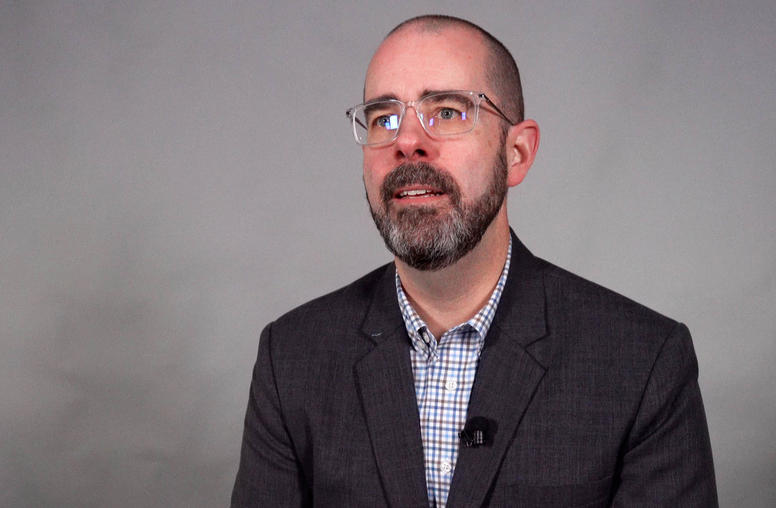Peacemakers in Action: Profiles of Religion in Conflict Resolution
The Tanenbaum Center for Interreligious Understanding has recently produced a book entitled Peacemakers in Action: Profiles of Religion in Conflict and Resolution. It tells the stories of 16 peacemakers who have worked in conflicts around the world, including Israel-Palestine, Northern Ireland, the Balkans, Sudan, South Africa, El Salvador, Indonesia and Nigeria.
At this event, the Tanenbaum Center's Executive Vice President Joyce S. Dubensky, along with the book's editor, Dr. David Little of the Harvard Divinity School, will discuss the book's message. Joining them will be three of the peacemakers featured in the book: Pastor James Wuye and Imam Mohammad Ashafa will share their experience of transformation from youth militants to Nigeria's leading interreligious mediators, and the Rev. Dr. William Lowrey will discuss his role in forging peace among the Nuer and Dinka during Sudan's civil war.
Speakers
- Joyce S. Dubensky, Esq.
Executive Vice President
Tanenbaum Center - Dr. David Little
Professor of Religion, Ethnicity and Conflict
Director, Initiatives in Religion and Public Life
Harvard Divinity School - Imam Mohammad Ashafa
2000 Tanenbaum Center Peacemaker in Action
Co-founder of the Interfaith Mediation Center - The Rev. Dr. William Lowrey
2001 Tanenbaum Center Peacemaker in Action
Director of Peacebuilding and Reconciliation, World Vision International - Pastor James Wuye
2000 Tanenbaum Center Peacemaker in Action
Co-founder of the Interfaith Mediation Center - David Smock, Moderator
Associate Vice President for Religion and Peacemaking
U.S. Institute of Peace




